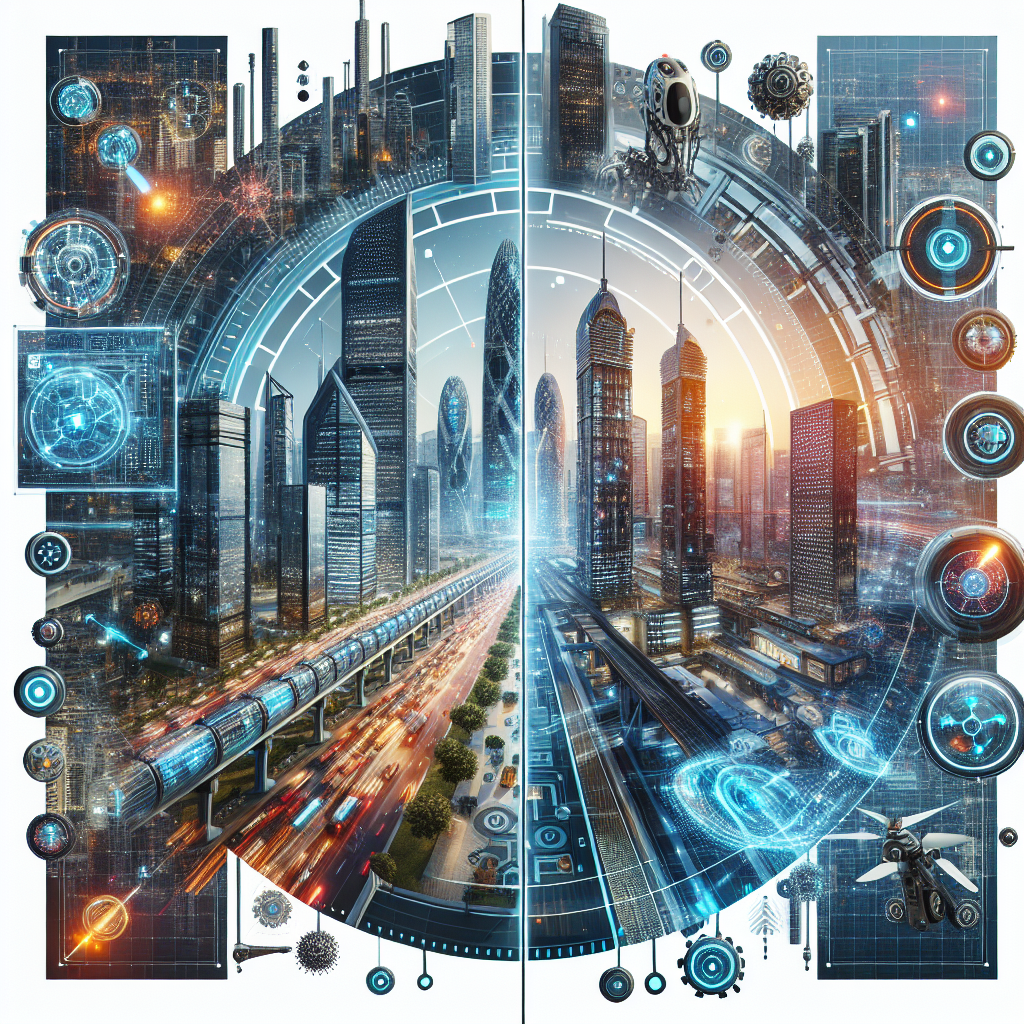Artificial General Intelligence (AGI) is a term that refers to a type of artificial intelligence that possesses the ability to understand and learn any intellectual task that a human being can. Unlike narrow AI, which is designed for specific tasks, AGI aims to replicate the broad range of cognitive abilities that humans possess. As technology continues to advance at an exponential rate, the potential of AGI to shape our future is becoming increasingly apparent.
The Potential of AGI
AGI has the potential to revolutionize virtually every aspect of our lives, from healthcare and transportation to education and entertainment. By harnessing the power of AGI, we can automate tedious and time-consuming tasks, improve decision-making processes, and even unlock new scientific discoveries.
One of the most exciting prospects of AGI is its ability to accelerate scientific research and innovation. By leveraging its vast computational power and ability to analyze massive amounts of data, AGI can help scientists make groundbreaking discoveries in fields such as medicine, climate science, and material science. For example, AGI could help researchers identify new drug candidates for treating diseases, optimize energy consumption in buildings, or predict natural disasters with greater accuracy.
AGI also has the potential to transform healthcare by enabling personalized medicine and improving patient outcomes. With the help of AGI, doctors can analyze a patient’s genetic makeup, medical history, and lifestyle factors to tailor treatments that are specific to their individual needs. This can lead to more effective treatments, reduced healthcare costs, and ultimately, better health outcomes for patients.
In the transportation sector, AGI can revolutionize the way we travel by making autonomous vehicles safer and more efficient. By leveraging advanced machine learning algorithms, AGI can help self-driving cars navigate complex traffic scenarios, predict and prevent accidents, and optimize route planning to reduce congestion and emissions. This can not only make transportation more convenient for individuals but also help reduce traffic-related injuries and fatalities.
AGI also has the potential to transform education by personalizing learning experiences for students. By analyzing each student’s strengths, weaknesses, and learning styles, AGI can recommend tailored educational materials, provide real-time feedback, and adapt the curriculum to meet the needs of each individual learner. This can help students learn more effectively, improve academic performance, and ultimately, prepare them for success in the workforce.
In the entertainment industry, AGI can enhance the way we create and consume content by generating personalized recommendations, creating immersive experiences, and even producing original works of art. By analyzing user preferences and behaviors, AGI can recommend movies, music, and books that are tailored to individual tastes, predict trends in popular culture, and even create new forms of entertainment that captivate audiences.
FAQs
Q: What is the difference between AGI and narrow AI?
A: AGI is a type of artificial intelligence that is designed to perform any intellectual task that a human can, while narrow AI is designed for specific tasks or applications. AGI aims to replicate the broad range of cognitive abilities that humans possess, while narrow AI is limited to performing predefined tasks.
Q: How close are we to achieving AGI?
A: While significant progress has been made in the field of artificial intelligence, achieving AGI remains a long-term goal. Researchers are actively working on developing advanced machine learning algorithms, improving computational power, and enhancing data processing capabilities to bring us closer to realizing AGI.
Q: What are the potential risks of AGI?
A: Like any powerful technology, AGI comes with potential risks, including job displacement, privacy concerns, and ethical implications. It is important for researchers, policymakers, and industry stakeholders to consider these risks and work together to develop safeguards and regulations to ensure that AGI is used responsibly and ethically.
Q: How can individuals prepare for the impact of AGI on society?
A: To prepare for the impact of AGI on society, individuals can stay informed about the latest developments in artificial intelligence, develop skills that are in high demand in the digital economy, and advocate for policies that promote the responsible and ethical use of AI. By staying informed and proactive, individuals can help shape the future of AGI in a positive way.
In conclusion, the potential of AGI to shape our future is vast and exciting. By harnessing the power of artificial intelligence, we can automate tasks, accelerate scientific research, improve healthcare outcomes, transform education, and revolutionize the way we live, work, and play. While there are risks and challenges associated with AGI, the opportunities for innovation and progress are endless. By working together to develop and deploy AGI responsibly and ethically, we can unlock its full potential and create a brighter future for all.

